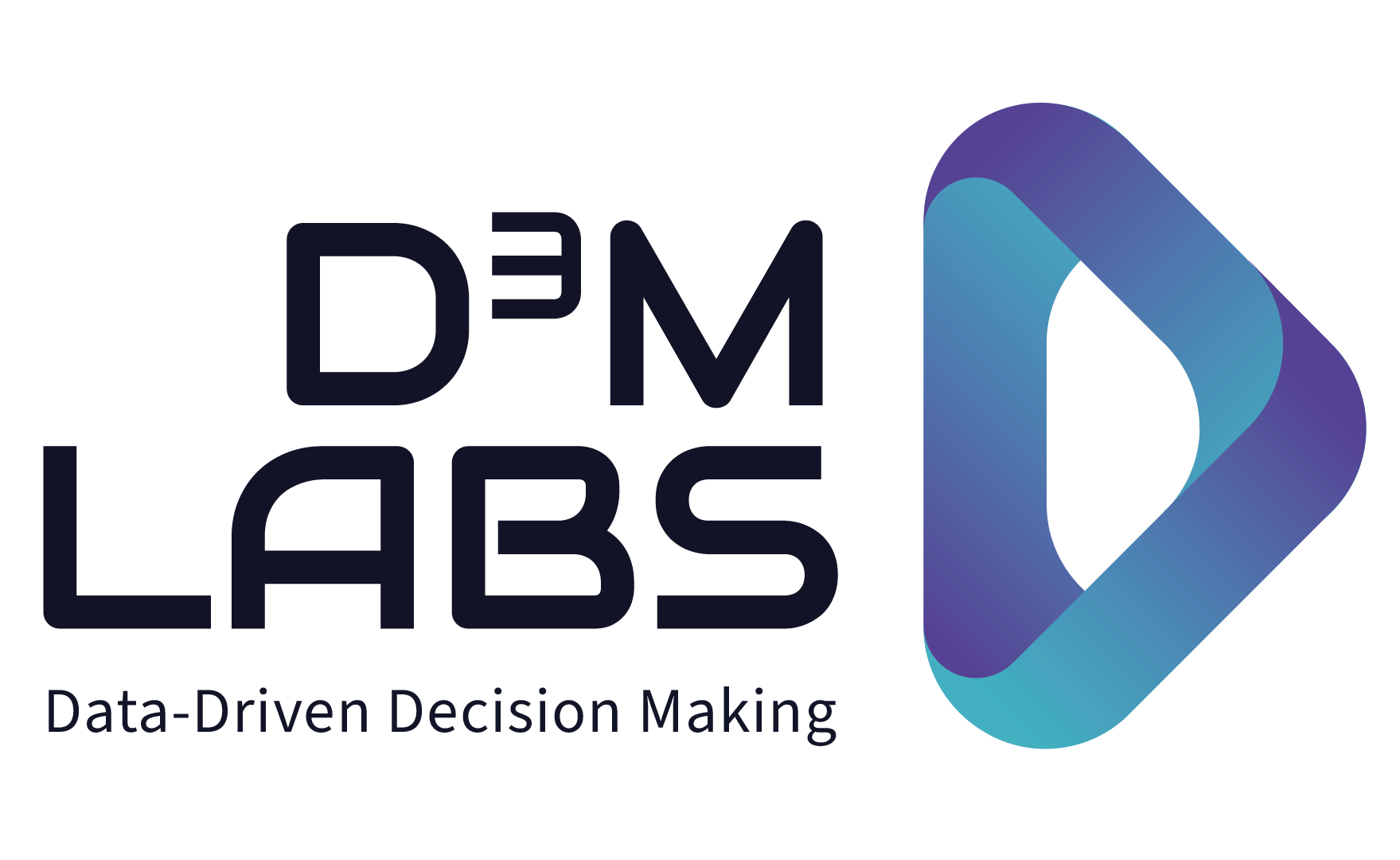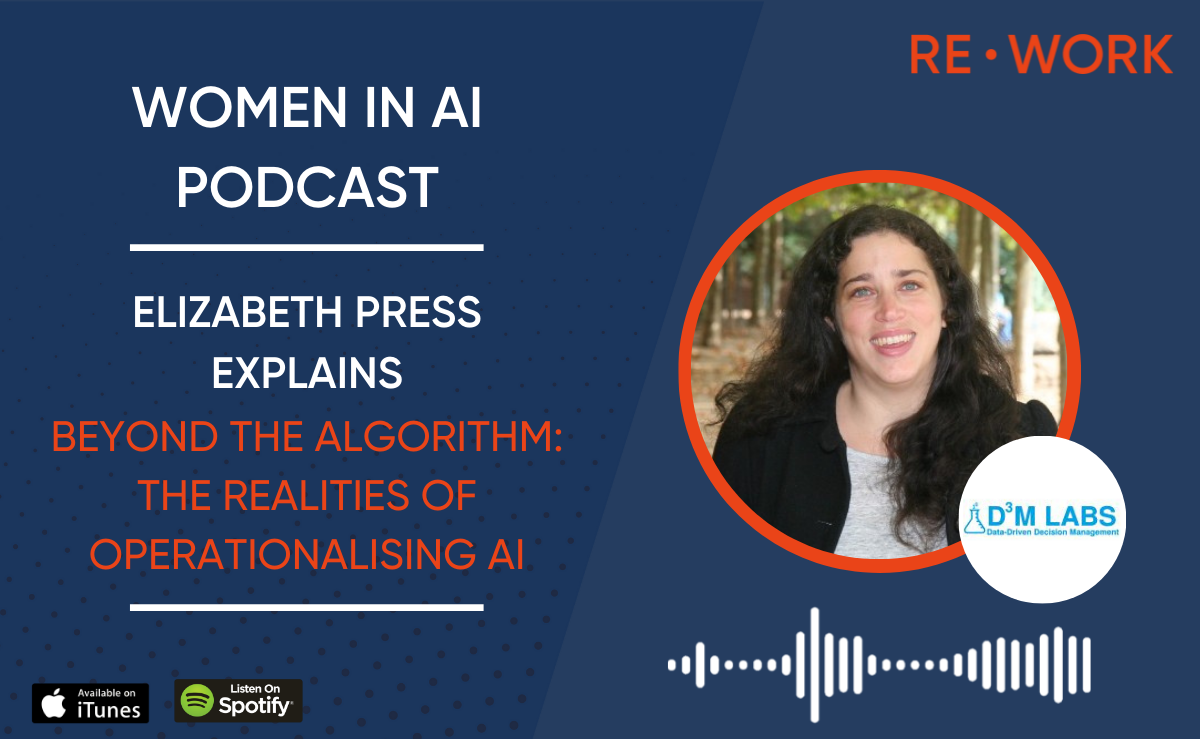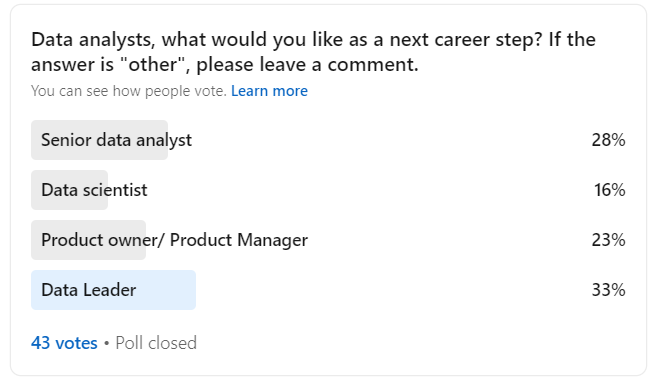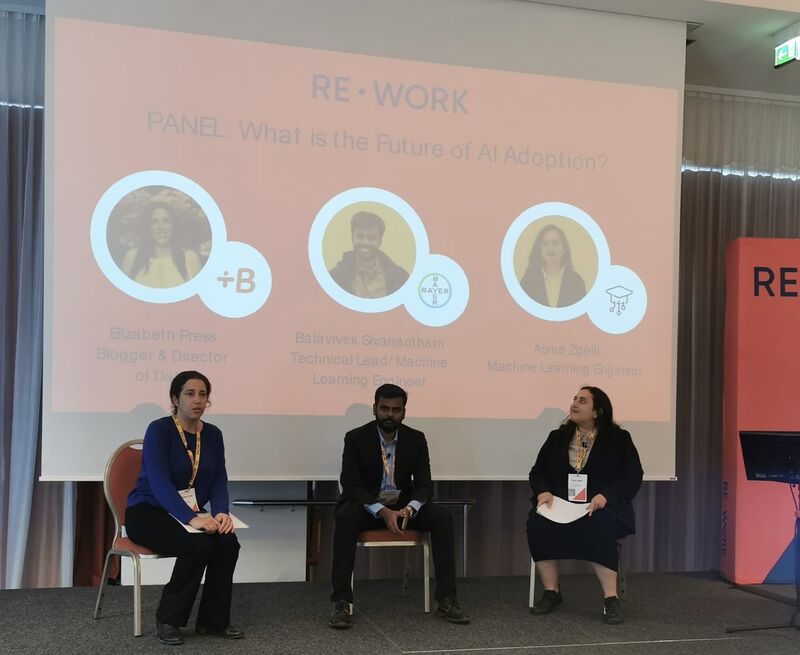Autor: Elizabeth Press
Data interoperability is a precondition for healthcare innovation – An interview with Jörg (Jack) Godau
Healthtech startups such as doctorly and others see the opportunity to reinvent the wheel with SaaS platforms based on open standards in healthcare. The incumbent healthcare system is based on a fragmented landscape of software providers and data solutions. Data interoperability presents an opportunity to unblock innovation in healthcare in Germany and beyond.
Tech debt sloth breeds a culture of sloppy operations – An interview with Daniele Marmiroli, PhD
Tech debt is often unavoidable in most early stage startups. Not fixing the tech debt as a company gets traction and scales is more of a problem than the original creation of the tech debt. Turning a blind eye to tech debt has implications beyond the stack and creates an unstructured and sloppy culture.
Data governance starts at both the C-Suite and metadata level of your organization- An interview with Laurent Dresse
Facilitating the interface between IT and business is data governance, which is filled with opportunity. There is no specific career path into data governance, but the ability to understand metadata and contextualize organizational insights to executives holds much opportunity.
Aufbau des ersten Data Teams in ihrem Unternehmen
Ist Business Intelligence ein Luxus? Daten – richtig gemacht – sind weder billig noch einfach. Die meisten Unternehmen warten, bis sie eine gewisse Größe erreicht haben, bevor sie in eine interne Datenkompetenz investieren. Ein Greenfield-Projekt, der erste Aufbau einer internen Datenfunktion, ist ein wichtiger erster Schritt auf dem Weg eines Unternehmens zur Datenreife. Vor der Einrichtung einer internen Datenfunktion kann ein Unternehmen als Daten unreif gelten, unabhängig davon, wer die Daten nutzt oder wie lange das Unternehmen bereits besteht.
The co-dependence between data governance and growth – An interview with Irina Nikiforova
Irinia Nikiforova explains what data governance is and why it is essential for any business that not only wants to survive, but use insights from data or data-driven products to drive growth.
Beyond the algorithm, the realities of operationalizing AI – A podcast interview with Elizabeth Press
The AI mystique might be the biggest obstacle to AI adoption. The artisanal data scientist who works on an alchemy of code output the magical algorithm impedes discussion on what is needed to commercialize and scale AI solutions. AI needs to be treated like a product and an item to be manufactured and scaled on an industrial level.
Data analysts are often aspiring leaders – Results from a D3M Labs poll
According to a D3M Labs poll, many data analysts who answered wanted to move into management, be it product management or people management. Behind the desired career move, was the interest to step back from the keyboard and focus on the communication and greater involvement in business and strategy.
Why the public needs to know more about AI – An interview with Varsh Anilkumar
AI is still magical to many people. Is that a major obstacle to AI adoption? Varshith H Anilkumar talked to myself and the D3M Labs community about what can be done to create a more AI-aware public and how that will help decrease bias and improve innovation.
What is the Future of AI Adoption?
This article summarizes the main takeaways as discussed in the panel „What is the future of AI adoption?“ at Rework’s Enterprise AI Summit in Berlin.
Is scary data pipeline technical debt haunting your business?
Technical debt in your data pipeline will impact your organization in ways that will annoy stakeholders, make the working lives of analysts tedious and frustrate data engineers. This debt can cause embarrassment in front of boards and investors, as numbers can be mismatching and unexplainable. And worse.










